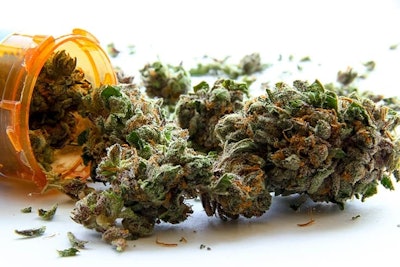
South Dakota lawmakers approved the majority of regulations for the state’s medical cannabis program Sept. 13, while rejecting a handful of rules proposed Gov. Kristi Noem’s administration, according to an AP News report.
The Legislature’s Rules Review Committee, which approve the proposed regulations, told the Department of Health it must revise several of its proposals, the news outlet reported.
While lawmakers signed off on most of the Department of Health’s 124 pages of draft rules, which covered topics ranging from the fees for medical cannabis cardholders to the required height of fences around cultivation facilities, they rejected proposals such as a limit on the amount of high-potency cannabis that patients can possess, as well as a defined list of qualifying conditions, AP News reported.
The approved regulations set a $75 application fee for medical cannabis cards, according to the news outlet, and offer a $20 discount for low-income patients. They also establish a $5,000 state licensing fee for medical cannabis businesses.
The Department of Health held public town halls and meetings with industry groups throughout the summer, AP News reported, and Secretary of Health Kim Malsam-Rysdon told the news outlet that the department adjusted its regulations based on 42% of comments submitted by industry groups and individuals. She said the rest of the suggested changes were rejected due to conflicts with existing state law and impacts on health and safety, or they were deemed unnecessary.
The Department of Health must now decide whether to rework the rejected rules and resubmit them to the Legislature, AP News reported. South Dakota’s medical cannabis law requires the regulations to take effect by Oct. 29 and patient ID cards must be ready to issue by Nov. 18.























